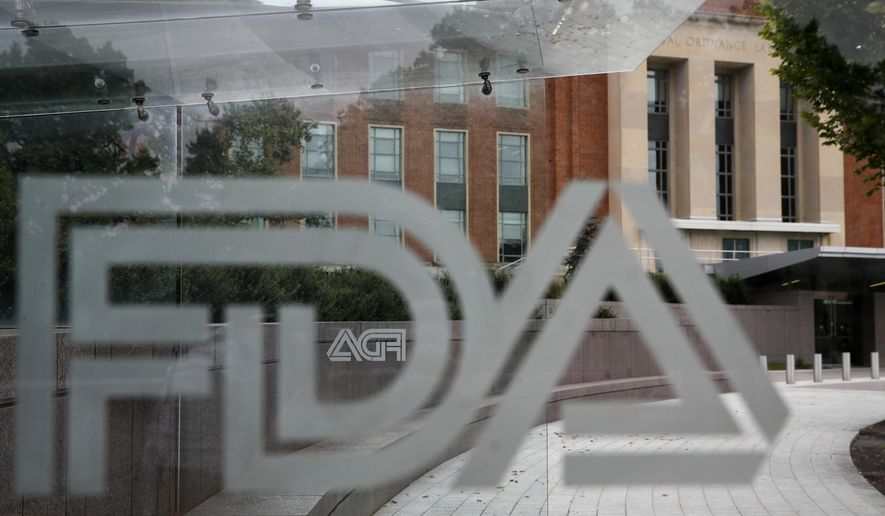The U.S. Food and Drug Administration issued its first authorization of a new kind of COVID-19 antigen test that can help rapidly detect the coronavirus.
The tests work by detecting fragments of proteins on or within the virus via samples swabbed from the nasal cavity.
“Antigen tests will play a critical role in the fight against COVID-19 and we will continue to offer support and expertise to help with the development of accurate tests, and to review and monitor marketed tests to ensure accuracy, while balancing the urgent need for these critical diagnostics,” FDA Commissioner Stephen Hahn said in a statement Saturday.
The FDA explained the new antigen tests can provide results in a matter of minutes and are generally cheaper to produce than the polymerase chain reaction (PCR) tests.
However, these new tests are more specific than PCR tests and can’t detect all active infections. There is a higher chance of false negatives with an antigen test, and a negative result may need to be confirmed, but the positive results are highly accurate.
The authorization was issued Friday to the Quidel Corporation for the Sofia 2 SARS Antigen FIA. The test was certified by the Clinical Laboratory Improvement Amendments.
Once these antigen tests are put into the market they can potentially test millions of Americans per day, “helping our country better identify infection rates closer to real time” the FDA said.
Health officials and politicians have been pushing for more testing resources to track the cases of coronavirus as states begin to start reopening and easing stay-at-home restrictions.
According to the COVID tracking project, there have been a total of 8,408,788 tests in the U.S. as of Saturday. So far, 1,275,916 of those tests have come back positive.
There have been a total of 1,288,569 confirmed COVID-19 cases in the U.S., according to data gathered by John Hopkins University.
• Gabriella Muñoz can be reached at gmunoz@washingtontimes.com.




Please read our comment policy before commenting.